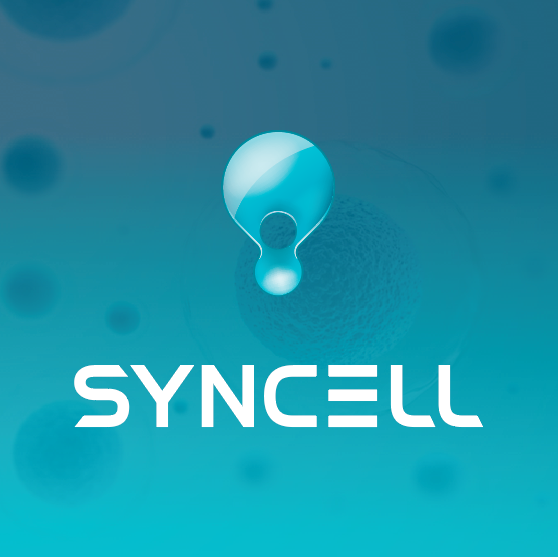

SYNCELL Inc. is going to attend the upcoming Neuroscience (SfN) 2022, which will take place on November 12-16, 2022 in San Diego, and present a poster titled “Microscoop, a discovery-based image-guided proteomics technology, reveals novel factors on amyloid-beta aggregates in differentiated SH-SY5Y cells”. In this poster, SYNCELL Inc. will demonstrate the use of its AI-guided microscopic platform, Microscoop™ system, for the discovery of novel protein markers in an Alzheimer’s Disease (AD) cell line. This research was designed to reveal spatial proteome from amyloid-bate aggregates in SH-SY5Y cells and can be applied to explore other neurological disorders biomarkers.
The Microscoop is the only spatial proteomics system that utilizes the optoproteomics technology to label proteins in a specific cell type or subcellular structure in fixed cells or tissue samples. Microscoop doesn’t require the use of a predefined antibody panel to explore morphology-based protein expression. The system uses AI or traditional computer vision program to recognize the target cells or organelles and then apply proximity photolabeling to tag the proteins in the target areas with biotin. After photolabeling, the biotinylated proteins will be extracted from the samples and be subjected to mass spectrometry proteome analysis.
"Alzheimer's disease is characterized by abnormal accumulation of the Aβ protein in the brain. However, there are many other constituents, beside Aβ protein, that are accumulated in the Aβ plaques. We want to share our latest SH-SY5Y biomarker data to demonstrate our spatial biology platform, Microscoop, can help researchers study the delicate network of protein functionality and identify previous unknown proteins in the progression of Alzheimer’s disease," said Dr. Jung-Chi Liao, CEO of SYNCELL.
About Syncell Inc.
SYNCELL is a commercial stage life science company, with a vision to revolutionize spatial biology research. Its first product, Microscoop, is the first and only microscopic bioimaging system that allows researchers to pick up, identify and quantify thousands of known and unknown proteins in specified cellular and subcellular locations. SYNCELL currently offers global customers early access to Microscoop technology through its custom service program GRASP (Global Rapid Access Service Program). Microscoop will provide deep spatial proteomics insights to transform a wide range of basic biology and translational research including neuroscience, oncology, immunology, or infectious disease to identify novel biomarkers with spatial context to accelerate biomarker discovery research and drug development programs.
Contact
Shuyi Liao
Syncell, Inc.
Phone +886-2-2785-6780
Info@syncell.com
Follow SYNCELL on LinkedIn and Twitter and tag your posts with #syncell or #microscoop
LinkedIn: https://www.linkedin.com/company/syncell
Twitter: https://twitter.com/IncSyncell